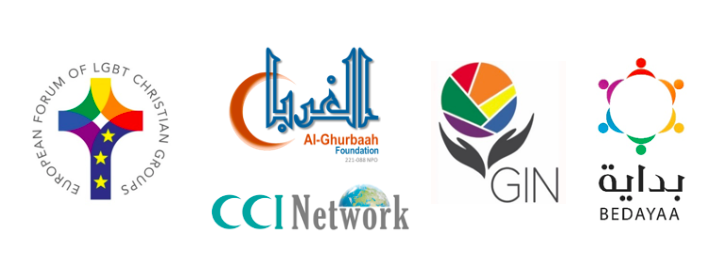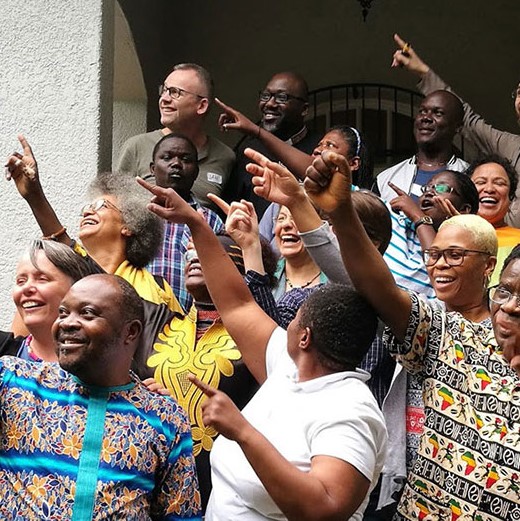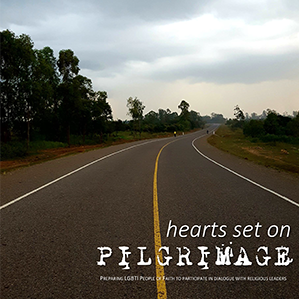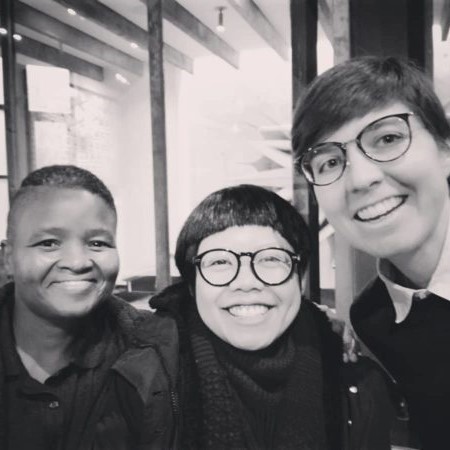English (Español abajo/Français ci-dessous/ ниже русский язык / عربي أدناه):
Joint statement from organizations working on faith and SOGIESC issues
The coronavirus pandemic is proving to be the most unprecedented contemporary crisis we have faced. Political, social and religious leaders are needing to react very fast. They also need to make sure that their responses are comprehensive and take into account the needs of all people, including minority groups and the most marginalized people.In these difficult times, we would like to appeal to state and faith leaders, and all people to remember the value of every life, regardless of its status, for every person was created in God’s image and likeness. As the whole world is being affected by COVID-19, we are observing growing discrimination and rejection by different parts of the population. We must not forget that one of the most important rules of public life is respect, tolerance and kindness towards strangers. Yet, already now one can see the growth of ageism and xenophobia – as risks rise, we see some people turning inwards, rejecting “the other” who is seen as a source of potential threat. Of particular concern is the move by some faith leaders to blame a range of scapegoated populations for the pandemic – we call on leaders of faith communities everywhere to remember that ‘do no harm’ must be the first principle of every faith tradition.
Furthermore, we are seeing governments limiting some rights, including freedom of movement and assembly. This measure is necessary to hinder the spread of the pandemic, but closing borders is not just an epidemiological measure, it is a clear and strict designation of space as ‘ours’ or ‘someone else’s’ (dangerous) space. It is a strengthening of control over citizens and migration. Closing borders provides a window for further restrictive and negative policy measures and decisions. One likely future consequence of this pandemic is greater surveillance and tighter social control, which will have profound consequences for activists and all people in societies which do not affirm their right to freedom of movement, association and thought. It is important to be aware of this and to regulate it carefully.
We are also seeing different sectors of the population being affected in different ways. Different approaches and rules are increasingly competing – whether to respond to danger in tried and trusted ways, to revise the rules themselves or to deny the danger itself. But while this can in some ways be a choice for the middle class, resource-poor groups, such as people working in trade or logistics, or living in crowded conditions or using public transport have little choice – their working conditions and lack of resources make it impossible for them to impact upon policy. This pandemic has brought into sharp focus the social and economic inequality of many of our societies – and the consequences of this inequality for the health and wellbeing of those who are less resourced.
There are even more challenges in the service sector: If demand falls because consumers are isolated, their workers will lose their sources of income. Meanwhile, the middle class is trying to control their lives, collect and analyse information and decide for themselves whether the danger is real and how to respond to it. They buy sanitisers, masks, gloves, alcohol solutions and shop online, while citizens with limited financial resources, including pensioners, who are precisely in the risk group, cannot buy expensive protective equipment (and cheap ones have long been absent from the market).
Of particular concern is the situation of women with children, who now carry a double burden because they must combine work and childcare since they and their children are at home. This is especially important for countries with strong traditionalist family institutions. Furthermore, the current pandemic is proving to pose an even greater health threat for vulnerable populations including transgender, intersex and HIV-positive people, who need access to medical treatments, not related to the COVID-19.
We call on political, religious and social leaders to adopt comprehensive and human rights-based responses to this pandemic. We also call on everyone to keep themselves and their loved ones safe, but also to be mindful of others around them, especially those who do not have shelter, food, and the strength and resources to defend themselves.
At this time when many of us are called to stay at home, we pray for those who do not have a safe place to stay. We also pray for those who care for the sick and all those who continue to work to keep society running.
Co-signatories:
- Global Interfaith Network for People of All Sexes, Sexual Orientations, Gender Identities and Expression (GIN-SSOGIE)
- European Forum of LGBT Christian Groups
- Al-Gurbaah Foundation
- Compassion-Centred Islam
- Bedayaa Organization
__________________________
[row] [col width=”1/4″][download id=”4814″][/col] [col width=”1/4″][download id=”4817″][/col] [col width=”1/4″][download id=”4806″][/col] [col width=”1/4″][download id=”4798″][/col] [/row]





